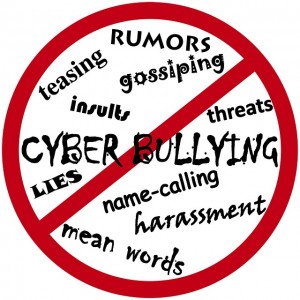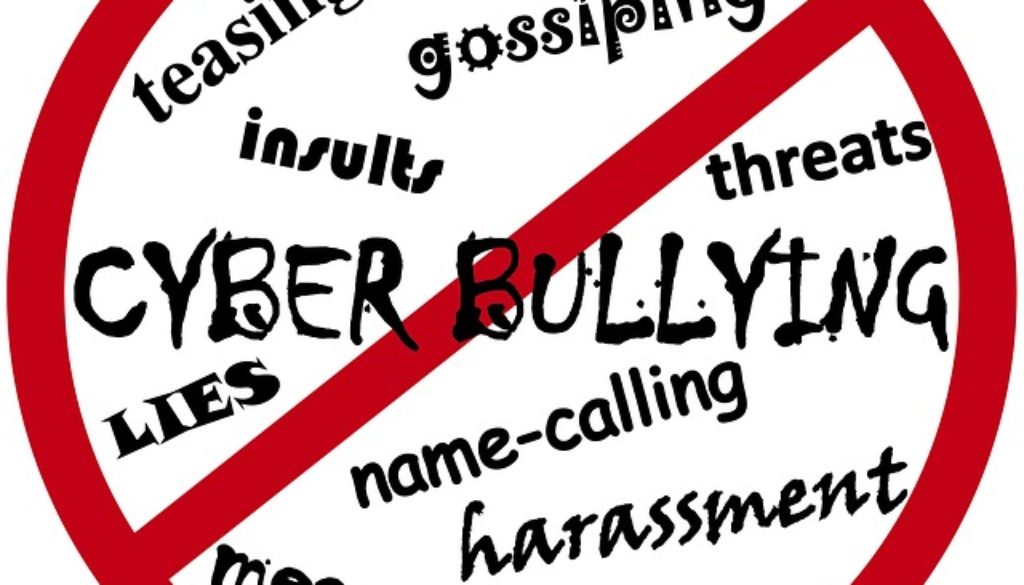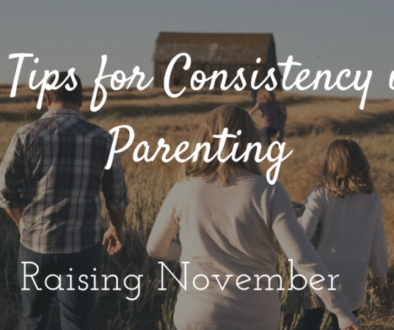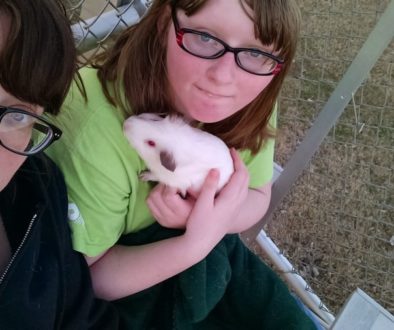How to talk to your kids about bullying
 Should you talk to your kids about bullying?
Should you talk to your kids about bullying?
Of course you should!
We’ve been talking about bullying this month here at Special Needs Kids Talk Radio and today I want to let you know how important it is to talk to your own kids bout the subject. No matter what age your kids are, they can be the target of bullies, or they can be bullying someone else. You should probably talk to your kids about it before it ever happens.
You, the parent, influence your kids and their behaviors more than you know. You can be the person who teaches them what kind of behavior is acceptable – not only by you, but by other authority figures like teachers, police and bosses.
1. Age appropriate: Pre-School age is great to start the bullying conversation. Keep your language short, easy, and make it related to something they know. Use your child’s behavior, or another family member, to demonstrate what is or isn’t bullying. You could also use something on TV or their favorite movie.
1. Keep it Age Appropriate: The first thing you need to do is keep your bullying talk age appropriate. When you are talking to preschoolers about bullying, you need to keep your sentences short, understandable and relatable. With that in mind, bring this up out of the blue won’t work for someone that young.
2. Explain the Effects of Bullying: For older kids, grades 1st -3rd or so, you can share the long term effects of bullying. Talk to them about what happens over time when someone is bullied. It could affect someone’s grades, their social interactions, and how they deal with stress. You can even talk to them about what happens to a bully over time – how it will get them into trouble even when they grow up. If your kid is actually being a bully, at that age, he might not recognise this as bully behavior. So, again, keep this information relatable to your child’s age and emotional maturity.
3. Tell your kids that bullying is not okay: Our kids need to know that bullying is just not okay in any situation. Firmly, yet kindly, let your kids know that you will not tollerate a bully in your home. While I think it’s good to let your kids know that there are consequences from the rest of the world for a bully, there are also consequences at home. However, you might not ever know that your child is a bully if you don’t allow open communication with your kids.
I have always let my girls know that they can tell me if they feel a need to be mean or hateful toward someone else. I’d rather let my kids talk about how they feel, and help them sort through why they feel that way, than to have them being a bully but afraid I’ll beat their butts for doing it.
4. Have their back: Okay, so it’s obviously important to teach your kids not to be bullied, but you also have to be prepared for the day your kid comes home and says that someone is bullying them.
I had it happen to my oldest girl. She told me a former good friend (and neighbor) had been extremely mean during her 7th grade 3rd semester. Name calling, mean rumors, ect. This boy had done all but gotten physical. So, I asked my daughter how she would like to handle it. I went over the options as I saw them. I let her choose which option felt the safest, but still got the issue dealt with. We went to the school councilor and explained the situation. Since most of the bullying was on school grounds, I needed back up from the school in order to help my kid. The councilor was great, and I followed up both my kid and with the school.
My youngest daughter told a camp staff member that another camper was being mean. The staffer told her to not be a tattletail. Not knowing this staffmember, I wanted to dig a little deeper. I happen to know my daughter can be mean when she doesn’t get her way, so I did ask my daughter if she was being a bully herself. When she insisted that she hadn’t been, I called the camp and spoke to the camp coordinator to explain what I’d been told.
The next day, when I asked my daughter if she had been bullied again, she said no. She also told me that the staff member had apologized to her for what she said the day before. We as adults have to be careful about telling kids not to “tattle” on others. It can often make a child feel like they are not being heard. Wouldn’t you rather your child get heard than get hurt by a bully?



